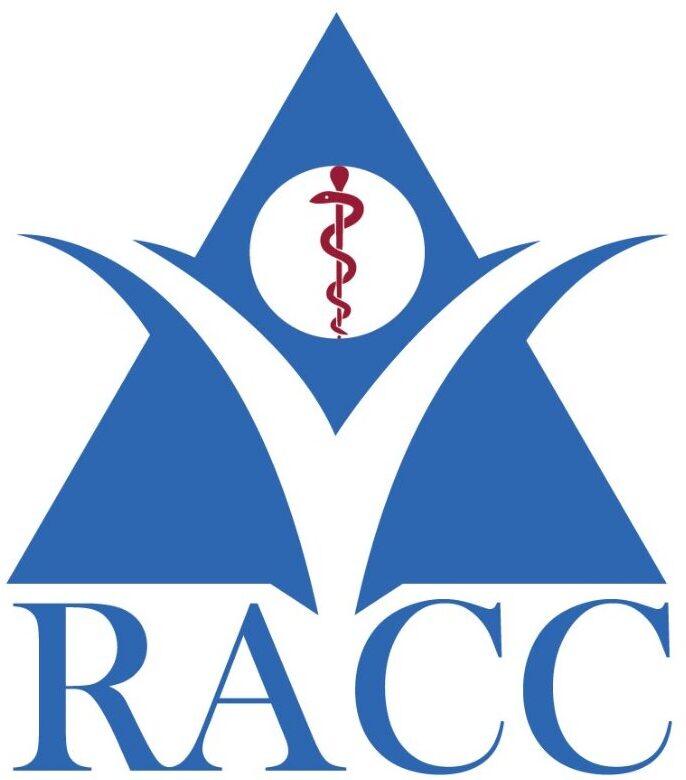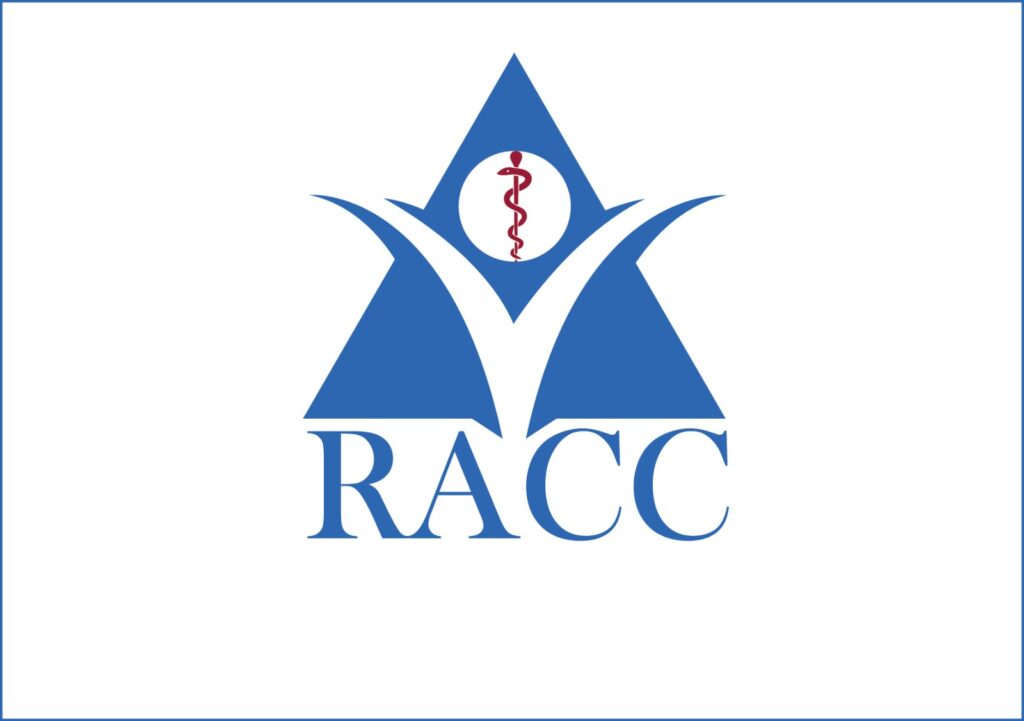Gastric bleeding refers to bleeding within the stomach, a crucial condition that can affect anyone. It’s important to understand what is gastric bleeding because it plays a significant role in our overall health. Gastric bleeding can lead to serious complications if left untreated. According to healthcare studies, it’s a fairly common issue, affecting a notable percentage of people annually. Everyone should be aware of symptoms, as early detection of issues like gastric bleeding can prevent more severe health threats. If you’re experiencing symptoms like stomach pain or unexplained fatigue, it’s crucial to consult a medical professional promptly.
Causes and Symptoms of Gastric Bleeding
Knowing the causes of gastric bleeding is vital for understanding your health. Common causes include stomach ulcers, GERD (gastroesophageal reflux disease), and infections like Helicobacter pylori. Stomach ulcers happen when your stomach lining is damaged by acid. GERD is when stomach acid frequently flows back into the tube that connects your mouth and stomach. Infections can also trigger bleeding by affecting your stomach’s protective lining.
It’s crucial to know the difference between gastric and intestinal bleeding. Gastric bleeding occurs in the stomach, while intestinal bleeding happens in the intestines. This distinction is significant because it can affect how the bleeding stretches throughout the digestive system.
Recognizing gastric bleeding symptoms early can help prevent complications. Visible signs include vomiting blood or a substance that looks like coffee grounds, and black or tarry stools. Subtle signs might be fatigue, dizziness, or pale skin. If you notice these symptoms, it’s important to seek medical attention. Gastric bleeding risk factors can include long-term use of certain medications, such as NSAIDs, a high-fat diet, smoking, and excessive alcohol consumption. These can increase your chances of stomach issues, including bleeding. Identifying and addressing these risk factors can lead to better overall health.
Diagnosis and Treatment: What to Expect
If you suspect a bleeding issue, understanding gastric bleeding diagnosis steps is crucial. First, a doctor will examine you and discuss symptoms. They might order tests such as blood tests or stool samples to check for bleeding. An endoscopy is often used, where a tube with a camera helps the doctor see inside your stomach.
Once diagnosed, gastric bleeding treatment depends on the cause and severity. Treatment can range from medication to emergency interventions. For minor bleeding, medication might be given to reduce stomach acid. For more severe cases, medical intervention such as surgery or blood transfusion is necessary.
During recovery, patients should expect follow-ups with healthcare providers. These follow-ups ensure the bleeding is controlled, and any underlying causes are addressed. Long-term management might include dietary changes and avoiding certain medications, particularly those contributing to stomach irritation.
Preventing a recurrence is a key aspect of recovery. Patients should follow a balanced diet, avoid smoking, limit alcohol, and avoid excessive use of painkillers. Continuing to address gastric bleeding risk factors can help maintain health. Recovery may involve learning the best lifestyle habits to reduce stomach stress and promote healing.
Prevention and Lifestyle Changes for Better Gastric Health
Preventing stomach issues involves understanding what affects gastric health. Gastric bleeding prevention relies significantly on lifestyle choices. A balanced diet is fundamental. Cut down on spicy, fatty, or acidic foods to maintain a healthy stomach. Including fruits, vegetables, and lean proteins will support good digestion.
Medication management is another crucial factor. Some drugs, like NSAIDs, can cause stomach irritation if used too often. Always follow your healthcare professional’s advice regarding medication use.
Regular checkups play a big role in prevention. They help catch any developing conditions early. During these checkups, discussing your stomach health with your doctor helps maintain awareness and proactive care
Here are additional tips:
- Stay hydrated: Drink plenty of water to maintain digestive balance.
- Avoid smoking and excessive alcohol: These can irritate and damage your stomach lining.
- Eat small, frequent meals: Helps in managing acid levels and preventing irritation.
By integrating these habits into daily life, you can significantly reduce the risk of bleeding and maintain better gastric health.
Making informed choices is key. If you experience any new symptoms or have concerns about your stomach health, don’t hesitate to reach out to medical professionals. They can offer guidance tailored to your needs, helping you lead a healthier life.
Gastric bleeding can occur due to various factors such as ulcers, gastritis, or other underlying digestive disorders. Symptoms may include vomiting blood, black or tarry stools, abdominal pain, or dizziness. If left untreated, gastric bleeding can lead to severe complications like shock or organ failure. Early diagnosis and intervention are critical for effective treatment and recovery.
At RACC ICU, our specialists provide comprehensive care for managing gastric bleeding, using advanced diagnostics and treatments to address the root causes and prevent further complications.
Consult RACC ICU today to receive prompt and expert care for gastric bleeding and protect your digestive health.



